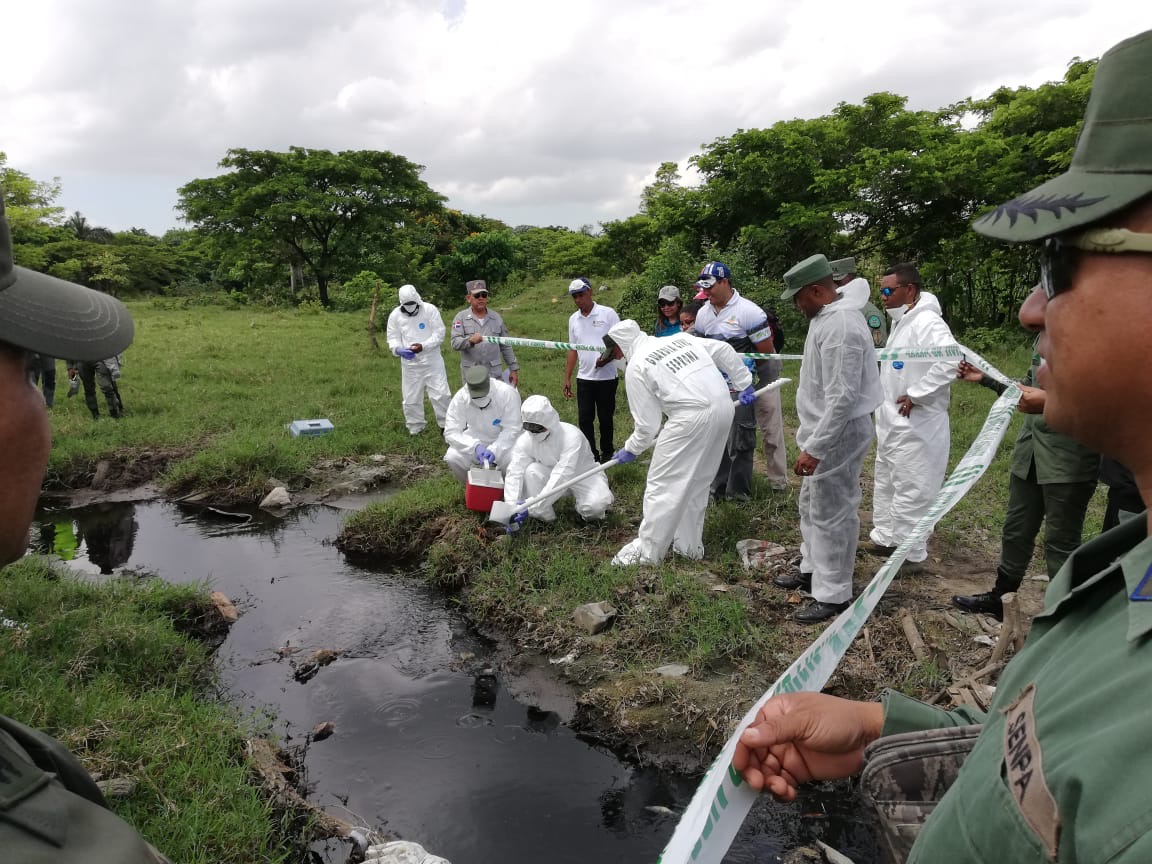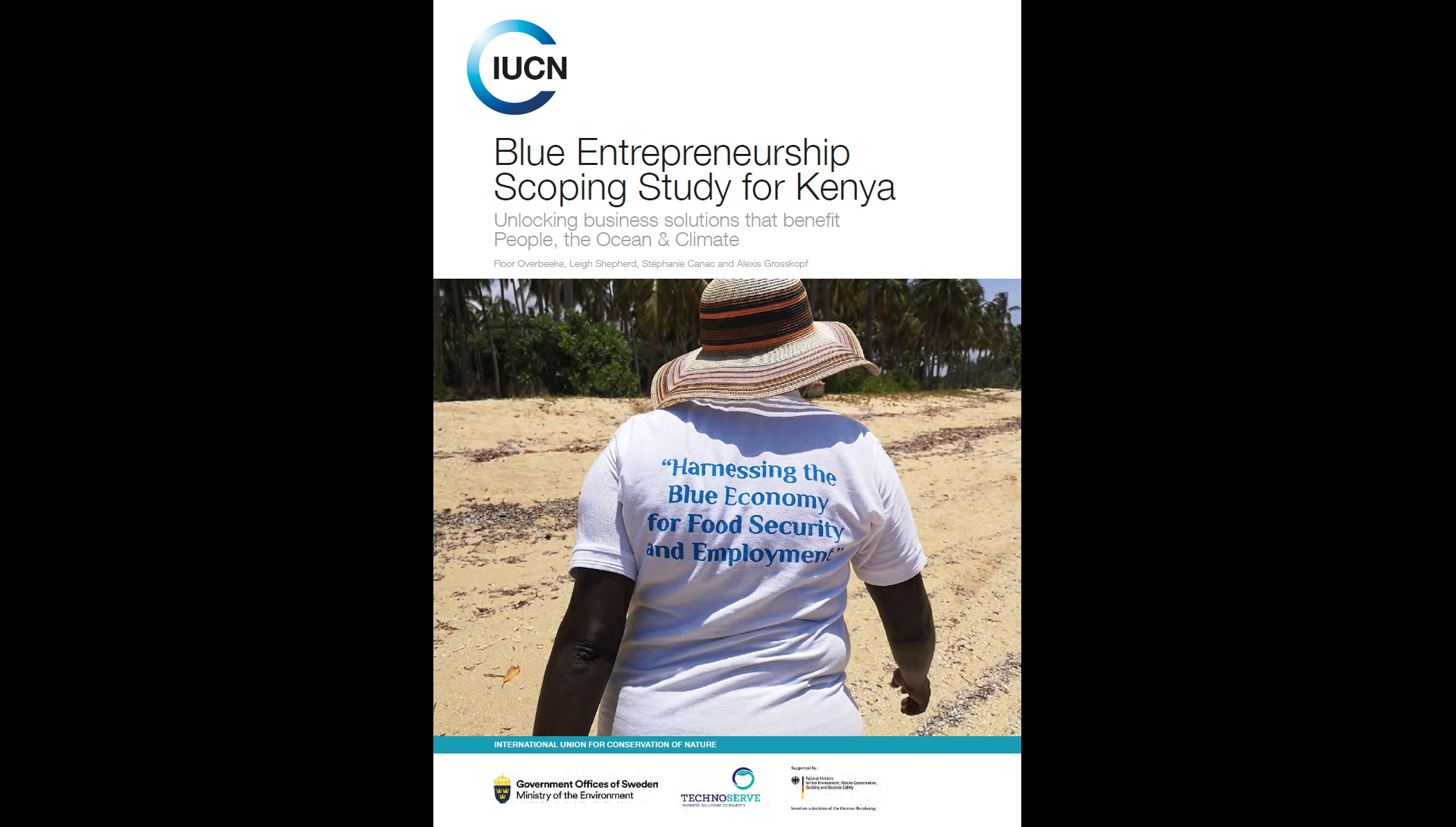Environmental Rule of Law: Pandemics Now and the Next Time in the Americas
WCEL Steering Committee member, Claudia S. de Windt, analyzes relevant factors to the COVID-19 evolution, causality nexus and the junction between environmental change, security and rule of law prompted by the pandemic to inform ideas on a legal response to necessary transformation for taking care of people and nature in the Americas.

Photo: Claudia de Windt
The origin and mutation of the novel version of the corona virus (COVID-19) still seems murky. It seems though that it is product of natural evolution.[i][ii] 75% of all emerging infectious diseases come from wildlife. The relevant factors to this evolution include ecosystem and land use change; species endangerment or extinction; illegal and poorly regulated wildlife trade; and climate change[iii] aggravated by rampant environmental crime. The COVID-19 pandemic, exists above and adds pressure to underlying vulnerabilities. Vulnerability factors such as persisting inequality, poverty and unemployment affecting wellbeing in the hemisphere, are expected to rise while GDP plunges as a result of the pandemic. These factors coupled with the climate crisis and air pollution, the largest environmental public health risk in the Americas linked to pandemic case increase and deaths, add pressure and amplify existing risks increasing susceptibility of communities in the region.
The hemisphere is at the intersection of environmental change, security, and rule of law facing non-traditional threats to security. A disaster, the casualty and spillover effect of the COVID-19 pandemic extends to and goes deep into the people and planet relationship. It is just another symptom of unchanged behavior that negatively affects human and nature systems. Nature continues to follow a dangerous decline path, furthering inequality and reflecting on the ongoing undermining and poor state of compliance with global sustainability, [iv][v] disaster[vi] and Multilateral Environmental Agreement (MEA)[vii] goals.
The study of environmental law, in principle is the study of society at risk, of science’s overwhelming facts and understanding of the limits and current socio-environmental problems. Given these compelling circumstances it is time for environmental law to react in a society at risk generating new solutions to new and urgent social demands. There is no one recipe for the necessary post pandemic transformation in the Americas and beyond.
The Berlin Principles on “One Planet One Health” [viii] call for a vision capable of considering every aspect of the global crisis. The post pandemic model requires coherent, targeted and scaled up social protection policies and assistance packages[ix] that incorporate the unintended effects of the measures in place to contain the pandemic, reduced pollution and carbon emissions to prevent returning to the model that contributed to the pandemic causality.
Risk reduction, management, resilience, and rule of law are key concepts. The principles and elements of environmental law in a society at risk must be applied in tandem with disaster law as a common value set that maximizes the effectiveness of environmental protection. Judiciaries have an important role esspecially in the current scenario leading to lawsuits.
Resilience at all levels calls for deliberately reducing underlying risk factors within the appropriate frameworks from domestic EIA planning to the post 2020 Biodiversity framework,[x] National Determined Contributions (NDCs) and all MEAs. This means, a holistic commitment to nature conservation, encouraging sustainability and principled based compliance and enforcement with budget. It also means prioritizing climate justice based on the rule of law. Internalizing these values with the precautionary principle should be central.
We are before the ethical challenge of our time. One that will shape what the next time looks like. Success and effectiveness in the legal response to the pandemic and preparing for the next time must be a coherent, non-optional, decision from the national to the global level. It is time of rethinking and paying attention to the human-ecology balance and to society’s common approach. It's time to take better care of nature. It is time to take care of each other.
You can read the full paper here.
About the Author
 Photo: Claudia de Windt
Photo: Claudia de Windt
Claudia S. de Windt International lawyer and expert in political sciences, from the Dominican Republic. Visiting Scholar at The Environmental Law Institute (ELI). Almost two-decade career in the Organization of American States (OAS) -Department of Sustainable Development and Secretariat for Multidimensional Security-. Has directed multiple initiatives on environmental law and its links to public policies, the rule of law, human rights, investment, conflict prevention, security, gender perspective and the rights based approach in the 2030 agenda and the Sustainable Development Goals among others. Has advised and participated in countless political and negotiation processes in the multilateral and hemispheric sphere. Led joint efforts with the executive, legislative and judicial branches in addressing the challenges to environmental security and justice, having made significant contributions to the legislation and jurisprudence of the Latin America in this field. Graduate of Universidad Iberoamericana (UNIBE), Master's Degree in International Legal Studies from the American University Law School and Certificate in Negotiations from the Harvard University School of Law. Before joining the OAS in 2001, practiced corporate law, in the firm Headrick Rizik Alvarez & Fernández. Judicial interpreter of the Court of First Instance of Santo Domingo, a member of the group of experts in environmental law of the Association Agreement between the European Union and Central America, member of the group of experts of UN Environment on crimes that have serious impacts on the environment and the Steering Committee of the World Commission on Environmental Law of the International Union for the Conservation of Nature (IUCN). Keynote speaker in national and international forums, addressing heads of state, ministers, parliamentarians, judges among other high authorities.
Key Areas of Expertise: Environmental rule of law and justice, public policy, UN and Interamerican System, human rights, trade, investment and environment, conflict resolution and sustainability diplomacy.
[i] Andersen, K.G., Rambaut, A., Lipkin, W.I. et al. The proximal origin of SARS-CoV-2. Nat Med (2020). https://doi.org/10.1038/s41591-020-0820-9
[ii] 2012. International Livestock Research Institute (ILRI), the Institute of Zoology (U.K.) and the Hanoi School of Public Health in Vietnam with support from the United Kingdom's Department for International Development. Mapping of Poverty and Likely Zoonoses
[iii] 2016. UNEP. UNEP Frontiers 2016 Report: Emerging Issues of Environmental Concern. United Nations Environment Programme, Nairobi. Available online at: http://wedocs.unep.org/bitstream/handle/20.500.11822/7664/Frontiers_2016.pdf?sequence=1&isAllowed=y
[iv] 2015. Millennium Development Goals Report. Available online at: https://www.un.org/millenniumgoals/2015_MDG_Report/pdf/MDG%202015%20rev%20%28July%201%29.pdf
[v] 2019. IPBES Global Assessment. Available online at: https://www.ipbes.net/news/Media-Release-Global-Assessment
[vi] UNDRR (2020). Monitoring the Implementation of Sendai Framework for Disaster Risk Reduction 2015-2030: A Snapshot of Reporting for 2018. Bonn, Germany. United Nations Office for Disaster Risk Reduction (UNDRR).
[vii] Gaps in International Environmental Law and Environment-Related Instruments: Towards a Global Pact for the Environment’ (A/73/419). Available online at: https://globalpact.informea.org/sites/default/files/documents/Gap-Report-Final.pdf
[viii] Available online at https://oneworldonehealth.wcs.org/About-Us/Mission/The-2019-Berlin-Principles-on-One-Health.aspx
[ix] 2020. World Bank Press Release. April 12, 2020. Washington, DC. Coherent Policy Response Needed to Overcome Coronavirus Crisis in Latin America and the Caribbean. Available online at: https://www.worldbank.org/en/news/press-release/2020/04/12/coronavirus-crisis-latin-america-and-the-caribbean
2020. World Bank. The Economy in the Time of COVID-19.LAC Semiannual Report. April 2020. Washington DC. Available online at http://hdl.handle.net/10986/33555
[x] See: CBD/WG2020/2/4. Report of the Open Ended Working Group on the Post-2020 Global Biodiversity Framework. Available Online: https://www.cbd.int/doc/c/30a5/223a/91107dfa08e95d0a5db803f6/wg2020-02-04-en.pdf
CITES Secretariat’s statement in relation to COVID-19. 20015. HANDBOOK ON CITES AND LIVELIHOODS . Part 1: Rapid Assessment Tools. Tools to assess the impact of the implementation of CITES listings on the livelihoods of the poor prepared by the CITES Secretariat and the Working Group on CITES and Livelihoods. Available online at: https://cites.org/sites/default/files/eng/prog/Livelihoods/Guia_Parte1_CITES_eng_final.pdf



